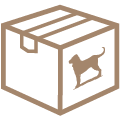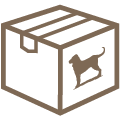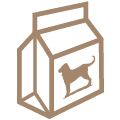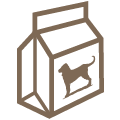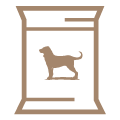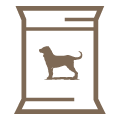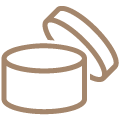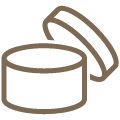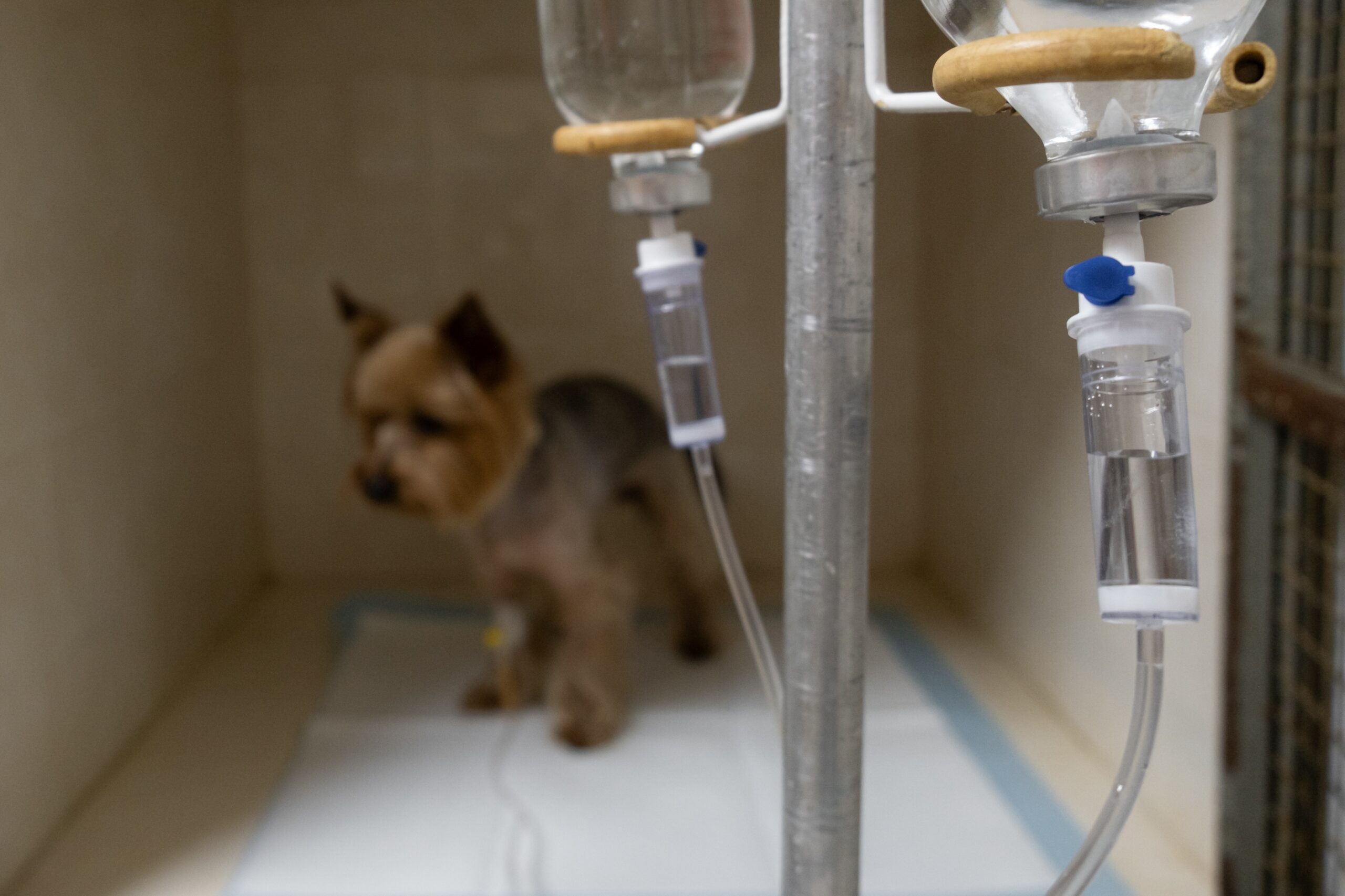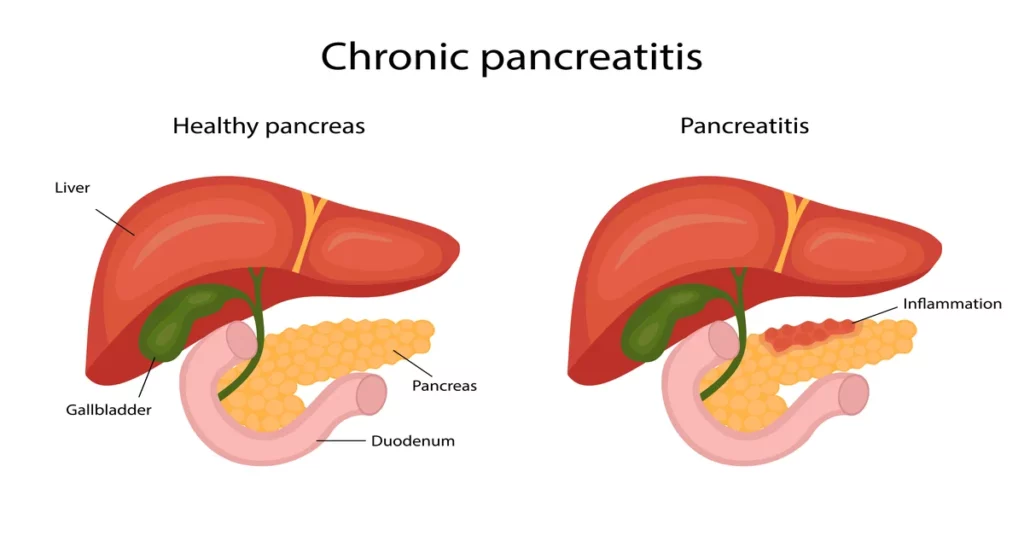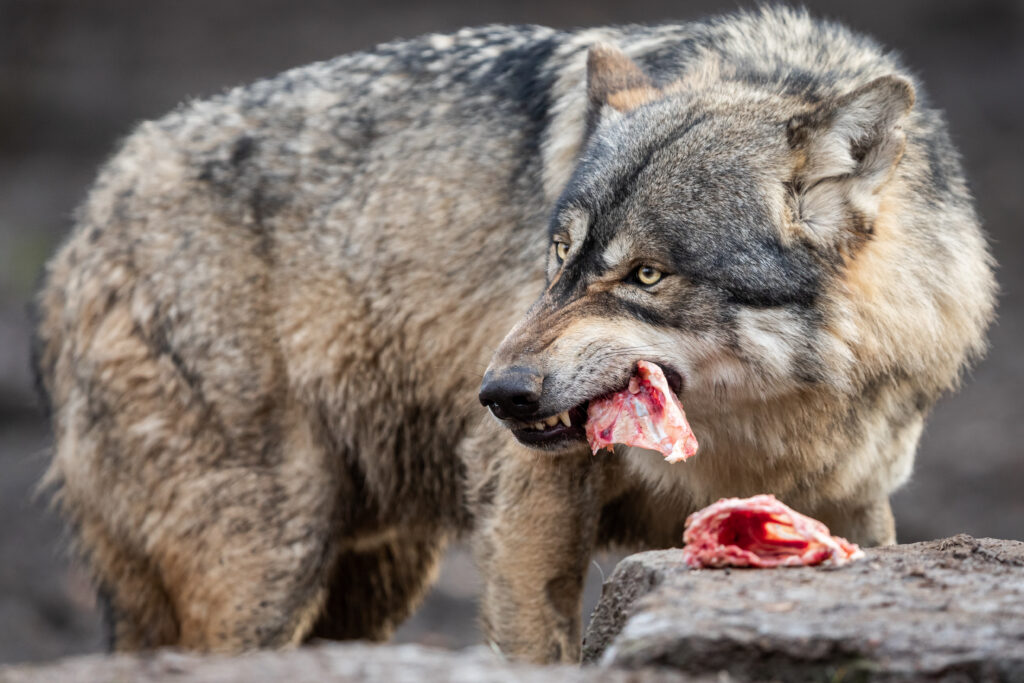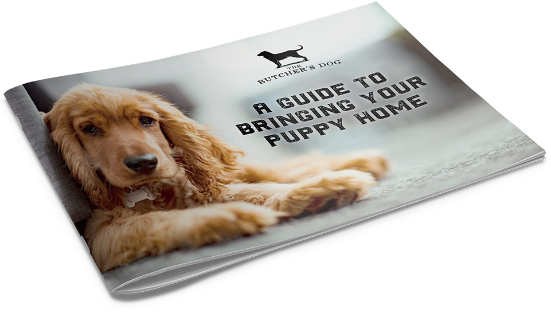What is Pancreatitis?
Pancreatitis is the inflammation of the pancreas – a vital organ responsible for producing enzymes that help digest food and hormones like insulin that regulate blood sugar.
In simple terms, it means the pancreas is stressed, inflamed, and not functioning as it should.
Common symptoms include:
- Vomiting or nausea
- Abdominal pain (often shown as a hunched posture)
- Lethargy
- Loss of appetite
- Diarrhoea or soft stools
Pancreatitis can be acute (sudden and severe) or chronic (slow-burning and recurrent), and it’s become increasingly common in dogs. But why?
Fat or Food? The Real Cause of Pancreatic Stress:
The traditional thinking is that fat triggers pancreatitis. But according to a growing body of research – and experts like Dr. Conor Brady, author of Feeding Dogs – this view is overly simplistic.
The problem isn’t fat itself. It’s the quality of the diet.
Most commercial kibble is:
❌ Ultra-processed
❌ High in refined carbohydrates and starches
❌ Loaded with synthetic vitamins, flavourings, and preservatives
❌ Cooked at high temperatures, degrading nutrients and creating inflammatory compounds
This kind of diet keeps the pancreas in a constant state of overwork, especially due to the excess sugar (from carbs) and low-quality, rendered fats used for palatability.
Over time, the pancreas becomes less able to respond appropriately – even to good, natural fats.
Dogs Were Designed to Run on Fat:
Dr. Brady explains that dogs have three key energy pathways:
- Glycolysis – breaking down sugar (carbs) for quick energy
- Beta-oxidation – burning fat for long, sustained energy
- Ketosis – a metabolic state where the body runs on fat-derived ketones
Dogs evolved as scavenging carnivores. Their natural fuel source is fat – not carbohydrates. In fact, feeding dogs a species-appropriate, moderate-fat, low-carb raw diet may reduce the risk of inflammatory flare-ups – including pancreatitis.
Why the Right Kind of Fat Matters:
Not all fat is equal. There’s a world of difference between:
❌ Low-quality, oxidised fats from kibble
❌ Rendered animal fat sprayed on dry food to boost taste
✔️ Healthy, fresh fats from raw, human-grade meat and organs
The latter – natural fats from unprocessed meat – are far easier for a dog’s body to recognise and digest. They’re also rich in fat-soluble vitamins (A, D, E, K) and essential fatty acids that support skin, coat, brain and immune function.
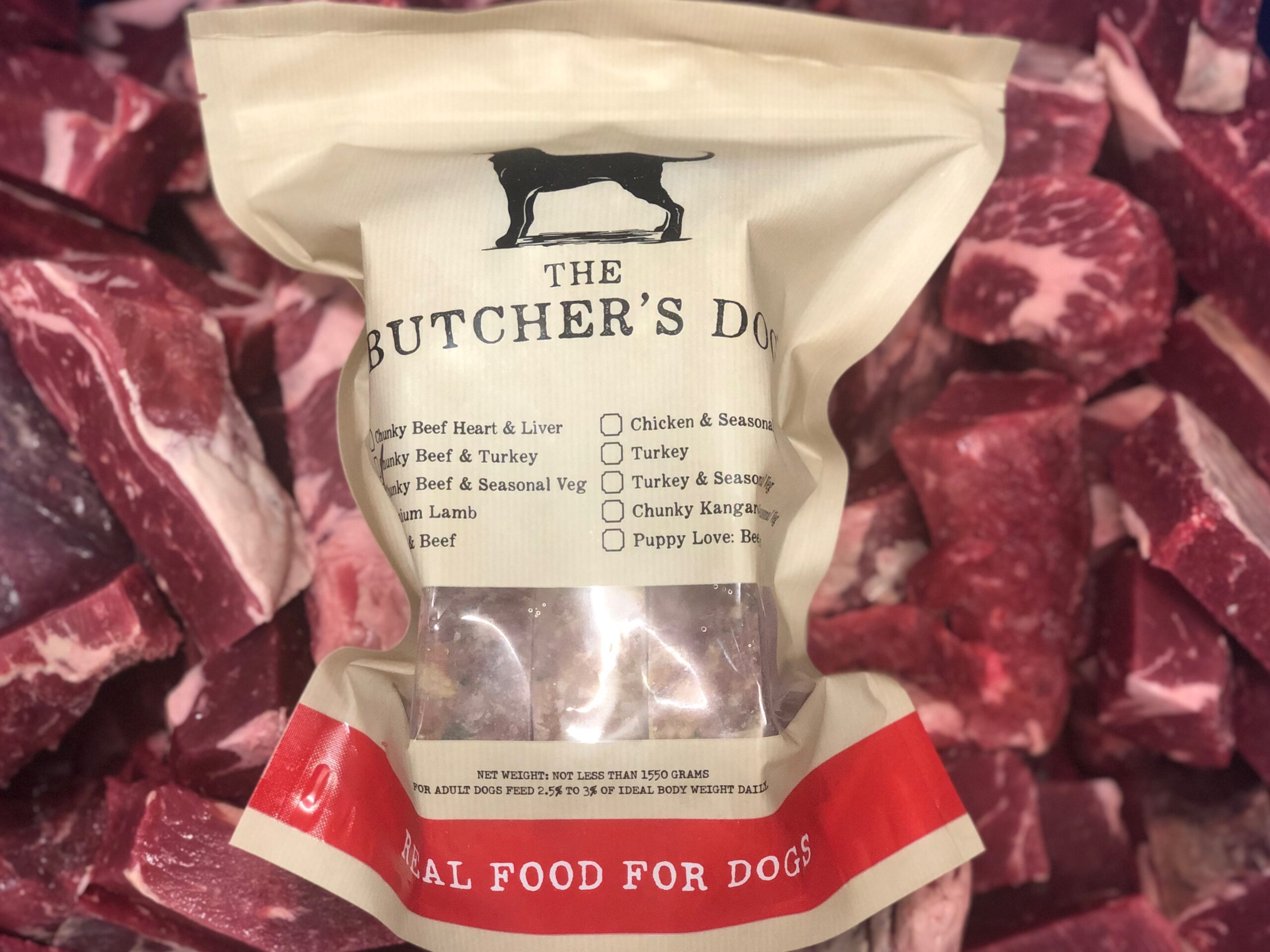
A Raw Diet Supports Pancreatic Health
Feeding a balanced raw diet takes the strain off the pancreas by removing the inflammatory ingredients that stress it in the first place.
Benefits of raw feeding for dogs with pancreatitis (or prone to it):
✔️ Reduces the carbohydrate load
✔️ Provides anti-inflammatory nutrients
✔️ Supplies steady, bioavailable energy from natural fats
✔️ Supports healthy gut flora—key to immune balance and digestion
✔️ Limits exposure to synthetic additives and toxins
Many pet parents find that switching to raw improves not only digestive symptoms, but also energy levels, coat condition, and behaviour.
It’s Not About Cutting Fat – It’s About Feeding Right:
If your dog has had a pancreatitis scare, you’ve likely been told to avoid fat. But the more important question is: What kind of food is your dog eating every day?
Feeding a raw, balanced diet made with real meat and whole foods helps nourish the pancreas – not overload it.
Because fat isn’t the enemy. But ultra-processed food should be!
——————————————————————————————————-




